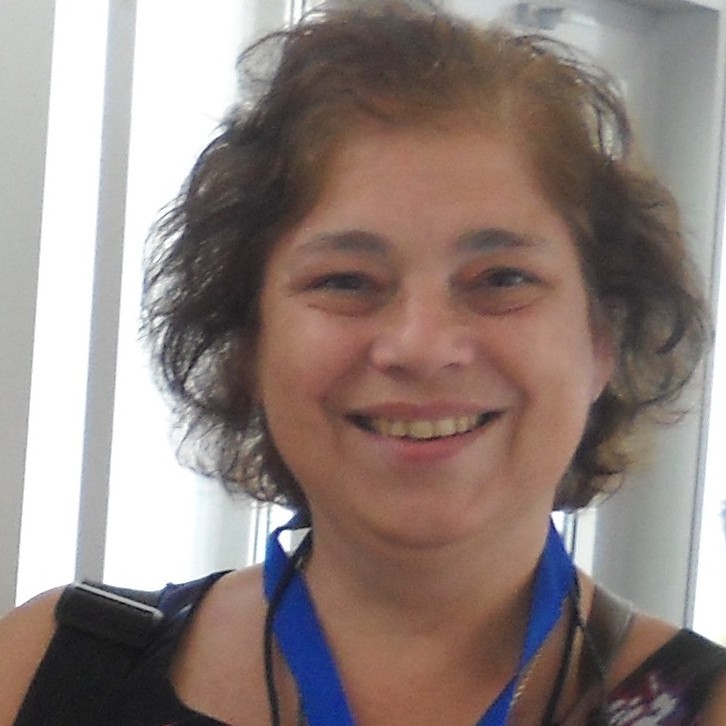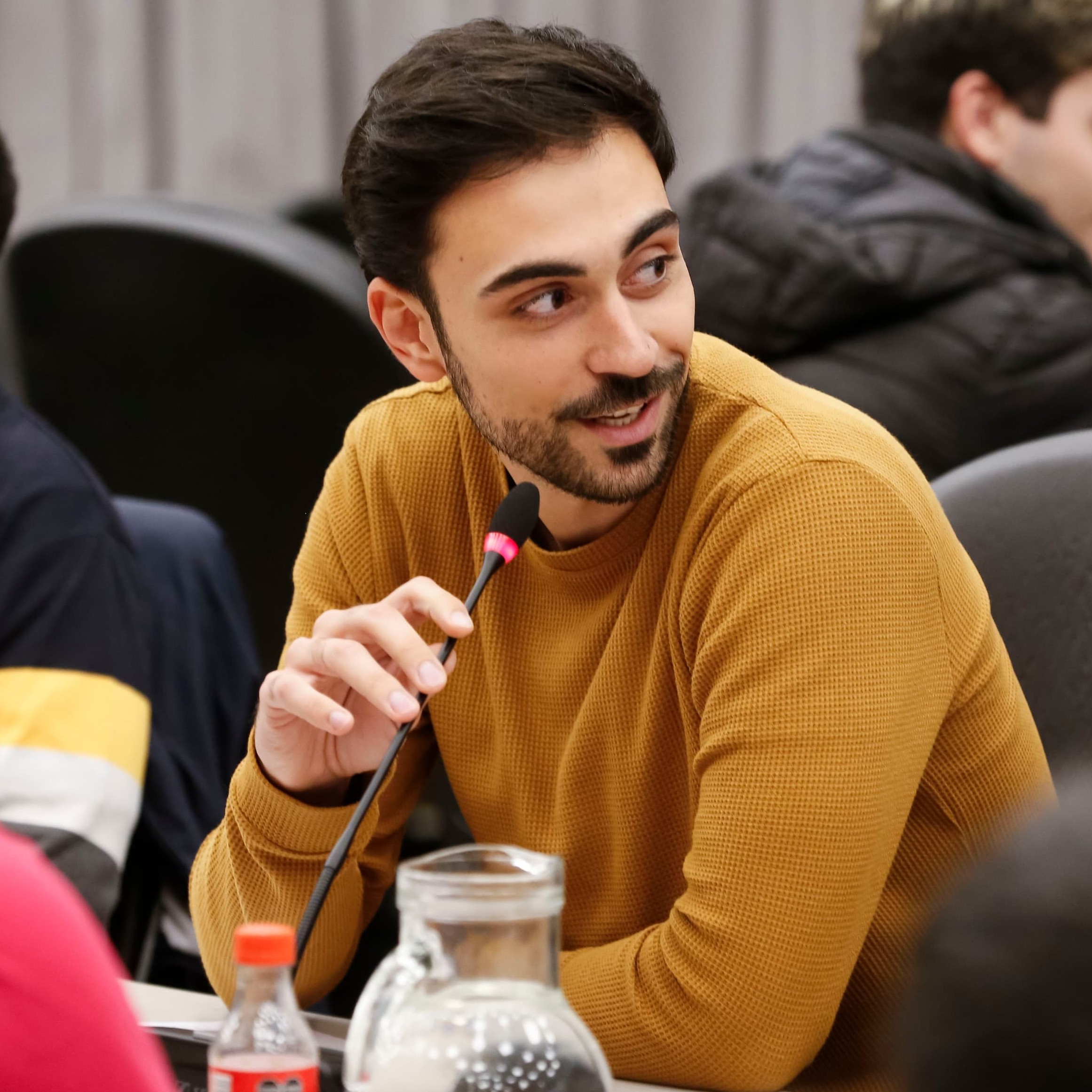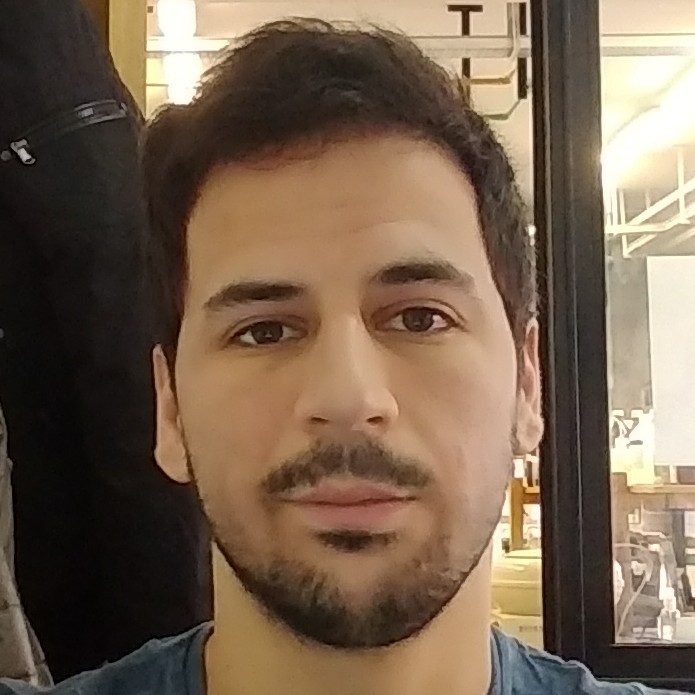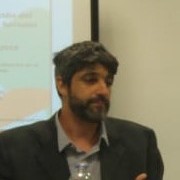About This Project
Celiac disease (CD) is a chronic autoimmune enteropathy based on intolerance to gluten present in wheat, barley, oats, and rye. Patients present an intestinal inflammatory process and difficulty absorbing nutrients. Diagnosis is based on a blood test to detect antibodies; however, the gold standard is an intestinal biopsies. Therefore, our goal is to find new and minimally invasive biomarkers that complement the detection of antibodies, thereby improving the diagnosis, prognosis, and monitoring of CD.
Ask the Scientists
Join The DiscussionWhat is the context of this research?
Celiac disease (CD) is a chronic autoimmune disorder caused by intolerance to gluten found in various types of flour. The most common clinical manifestations include diarrhea and malabsorption. It is considered the most common chronic intestinal disease, but it is often asymptomatic, so many people are unaware they have CD. Lack of early diagnosis is associated with an increased risk of cardiovascular disease and/or cancer. Currently, the detection of specific antibodies represents the best diagnostic and monitoring tool. However, they do not replace the gold standard, small intestine biopsies. Therefore, given that many people remain undiagnosed, the search for new minimally invasive biomarkers for CD is of great importance.
What is the significance of this project?
CD is an underdiagnosed disease, and late diagnosis can worsen its progression and promote the development of complications. Therefore, this project proposes to improve diagnosis, prognosis, and follow-up by integrating clinical, genetic, and immunological information about patients. To this end, we will study the relationship between CD and miRNAs (small RNA fragments that regulate gene expression), as some of them could be related to the development of CD. Furthermore, we propose the use of a biosensor to characterize the specific antibodies currently used in diagnosis, which would constitute a novel strategy. Finally, cytokines are small proteins that act as messengers in the immune system, regulating inflammation. Therefore, our working hypothesis is that correlating antibody levels and characteristics, the presence of miRNAs, and the patient's cytokine profile will improve the diagnosis, prognosis, and follow-up of the disease.
What are the goals of the project?
The overall objective is to identify and characterize new molecular biomarkers that improve the diagnosis, prognosis, and monitoring of CD. To this end, our specific objectives are to recruit 30 volunteers with active CD and not on a gluten-free diet, and 30 healthy volunteers. Blood samples will be analyzed for anti-transglutaminase, anti-gliadin, and anti-deaminated gliadin antibodies using specific ELISAs. The quality of these antibodies will be assessed using a biosensor. In addition, the presence of pro-inflammatory (IL1, IL6) and anti-inflammatory (IL10) cytokines will be determined using specific ELISAs, and the presence of microRNAs will be determined using real-time PCR. Finally, the results obtained from both study groups (with and without active CD) will be analyzed, seeking associations with clinical-epidemiological data using different statistical analyses.
Budget
Although we currently have financing to carry out the project, Argentina's economic problems and the delay in the delivery of funds by the government are complicating the development of the project. Furthermore, currency devaluation means funds are insufficient. Obtaining the financing requested on experiment.com will allow us to finish trials, mainly those related to the BIAcore Biosensor (sensor that detects very small amounts of molecules present in patient's blood, thus improving the sensitivity of antibody detection compared to the traditional method –ELISA- commonly used for diagnosis in all laboratories) and miRNAs determination (miRNAs are small fragments of circulating RNA whose detection could be related to pathology) such us reagents for molecular biology and for biosensor determinations that are very expensive in Argentina since they are imported. In addition, the purchase of 2 micropipettes is proposed to replace existing ones in our laboratory that are malfunctioning.
Endorsed by
 Project Timeline
Project Timeline
Volunteers will be recruited in months 1-4. Blood samples and information will be collected using a standard questionnaire, and routine analysis (specific antibody detection) will be performed. In months 5-8, antigen-antibody interactions will be characterized and cytokines will be determined. Finally, serum miRNA levels will be studied in months 9-12. The project has been approved by the UNLu Ethics Committee and the Academic Secretary (February 6, 2020).
May 27, 2025
Project Launched
Oct 15, 2025
Report on the number of volunteers in each study group (never less than 10 in each group) and analysis of the results of routine antibody tests.
Feb 28, 2026
Report on the results of studies with biosensor and inflammatory profile.
Jun 30, 2026
Report of the results obtained from the study of the miRNAs and final correlation report of all the parameters under analysis.
Meet the Team
Affiliates
Team Bio
The following team is composed of biochemists and biologists with extensive experience in celiac disease research, primarily in the search for new biomarkers:
Dr. Rubén Iacono
experiment.com/users/rubeniac
Dra. Natacha Cerny
experiment.com/users/ncerny
Dr. Exequiel Giorgi
Lic. Gabriel de Diego
experiment.com/users/gdediego
Lic. Julián Maggio
experiment.com/users/jmaggio
Dra. Liliana Guerra
experiment.com/user/lnoemiguerra
Mauricio César De Marzi
I am Dr. Mauricio César De Marzi, a biochemist and Doctor in Immunology from the University of Buenos Aires. I am a researcher at the National Council for Scientific and Technical Research (CONICET) of the Argentine Republic and an Associate Professor in the Department of Basic Sciences at the National University of Luján. I am in charge of the undergraduate subject Immunology and participate in the teaching of numerous postgraduate courses, including the course “Principles of Nanobiotechnology” at the Faculty of Pharmacy and Biochemistry, University of Buenos Aires. I am also the Director of the postgraduate course “Topics in Immunology” at the Department of Basic Sciences, National University of Luján.
In the last 5 years, I have received 3 awards for scientific work, presented 29 works at scientific and technological events, and co-authored 3 book chapters and 17 articles published in specialized journals. My research lines are related to the study of the effects of nanoparticles on the immune system, their use for the development of nanoimmunomodulators, the epidemiological study and biomarkers related to celiac disease, and the use of plant and fungal extracts for the treatment of chronic diseases.
In this context, I have supervised several undergraduate and postgraduate theses and research grants. I am a member of the Argentine Society of Immunology (SAI). I have served as a juror in numerous teaching competitions, evaluated works presented at scientific conferences, undergraduate and postgraduate theses, and reviewed works in numerous scientific journals. I am also an editor of Frontiers in Immunology. Additionally, I have held several management positions, including Secretary of Science and Technology at the National University of Luján.
Additional Information
Bibliograhy
1. Galli G, et al. Nutrients. 14(15):3192. doi: 10.3390/nu14153192. (2022).
2. Golan MA, et al. Am J Gastroenterol. doi: 10.14309/ajg.0000000000001872. (2022).
3. Mozzillo E, et al. Diabetes Res Clin Pract. 191:110032. doi: 10.1016/j.diabres.2022.110032. (2022).
4. Tjernberg AR, et al. Am J Gastroenterol. doi: 10.14309/ajg.0000000000001877. (2022).
5. Chen ZE, et al. Hum Pathol. S0046-8177(22)00200-3. doi: 10.1016/j.humpath.2022.07.017. (2022).
6. Ajdani M, et al. BMC Gastroenterol. 22(1):375. doi: 10.1186/s12876-022-02456-x. (2022).
7. Aboulaghras S, et al. Clin Chim Acta. 528:74-83. doi: 10.1016/j.cca.2022.01.022. (2022).
8. Nafari M, et al. Rom J Intern Med. doi: 10.2478/rjim-2022-0011. (2022).
9. Domsa EM, et al. Medicina (Kaunas). 58(2):180. doi: 10.3390/medicina58020180. (2022).
10. Tan IL, et al. Front Immunol. 12:734763. doi: 10.3389/fimmu.2021.734763. (2021).
11. Giordano A, et al. EJS 18 (1) 2-25 (2019).
12. Stefanolo JP, et al. World J Gastroenterol. 2024 Mar 21;30(11):1545-1555. doi: 10.3748/wjg.v30.i11.1545.
Project Backers
- 2Backers
- 1%Funded
- $15Total Donations
- $7.50Average Donation




